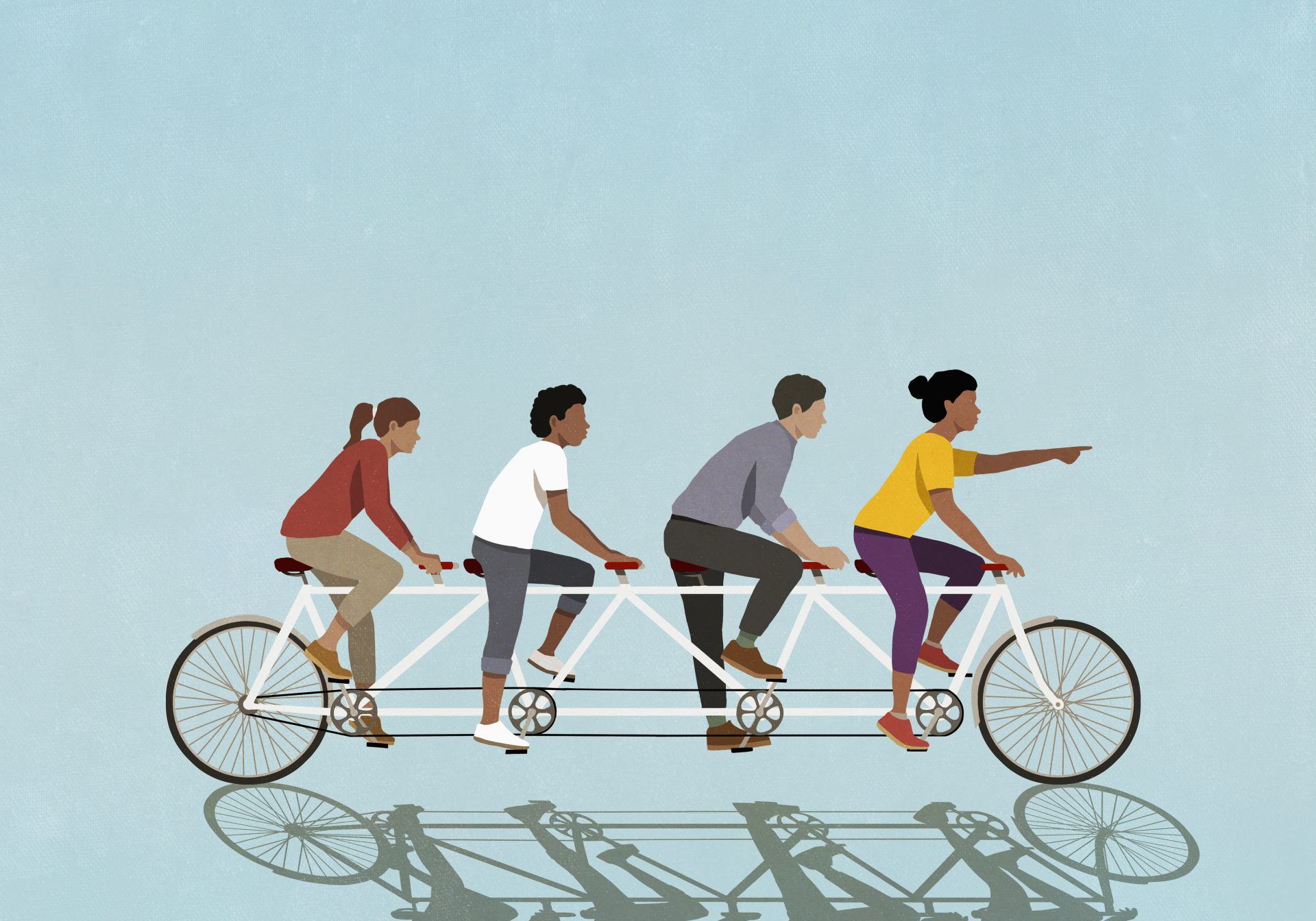New research has found our oxycontin levels increase as we get older, leading to greater life satisfaction.
Contentment, happiness and positivity are often held up as gold standards of life satisfaction, but achieving them is easier said than done. In fact, life satisfaction is falling in the UK. The latest report from the Office for National Statistics (ONS) measuring the nation’s wellbeing found that in 2020 both life satisfaction and the feeling that things done in life are worthwhile have declined dramatically.
But, according to new research, there’s a very simple way to boost your satisfaction – and it’s all to do with your hormones.
The study, published in the journal Frontiers In Behavioral Neuroscience, found that a chemical in our brains called oxytocin, often referred to as the ‘love hormone’ or the ‘cuddle hormone’, is released when we perform acts of kindness – and what’s more, our body releases more of it as we get older, making us feel more fulfilled as we age.
You may also like
Research claims music is as good for your mental health as exercise – I’m a fitness editor and I agree
The neurochemical, which is produced in the hypothalamus and released into the bloodstream by the pituitary gland, is often connected with childbirth, when it is released to forge a connection between mother and baby. It’s also produced when we fall in love and when we care for people.
The research, which measured over 100 healthy people aged 18 to 99, found that on average our levels of gratitude and ‘empathetic concern’ rise as we get older because our oxytocin levels increase. It’s the first study of its kind to establish that people release more of the hormone as they get older.
The principal author of the report, Paul J Zak of Claremont Graduate University in California, said: “We have previously shown a link between how kind and generous people are, known as prosocial behaviours, and the release of oxytocin.

“Seniors spend more time volunteering and donate a larger proportion of their income to charity than do younger people, so we wanted to see if there was a neurochemical basis for these behaviours.”
The results appeared to confirm that, on average, people do release more oxytocin as they get older. “People who released the most oxytocin in the experiment were not only more generous to charity, but also performed many other helping behaviours. This is the first time a distinct change in oxytocin has been related to past prosocial behaviours,” said Zak.
“We also found that the release of oxytocin increased with age and was positively associated with life satisfaction.”
You may also like
Thyroid health: how high stress, nutrition and hormonal imbalance can impact thyroxine levels in women
If you don’t want to wait around until you’re older, there are also other proven ways to boost oxytocin.
Studies have found that exercise is a great way to boost oxytocin organically, with research noting a jump in oxytocin levels when participants’ saliva was measured after a high-intensity martial arts workout.
Music is also noted to increase oxytocin levels, especially when people sing together in a group. And just the act of giving someone a hug also leads to higher levels of the hormone and a greater sense of wellbeing.
It may sound cheesy, but it definitely is cool to be kind if you want to live a more satisfied life.
Image: Getty
Source: Read Full Article
